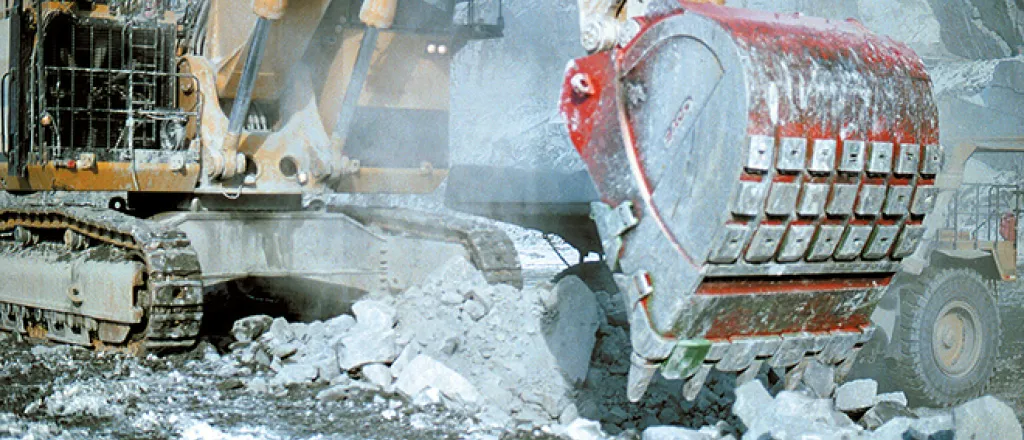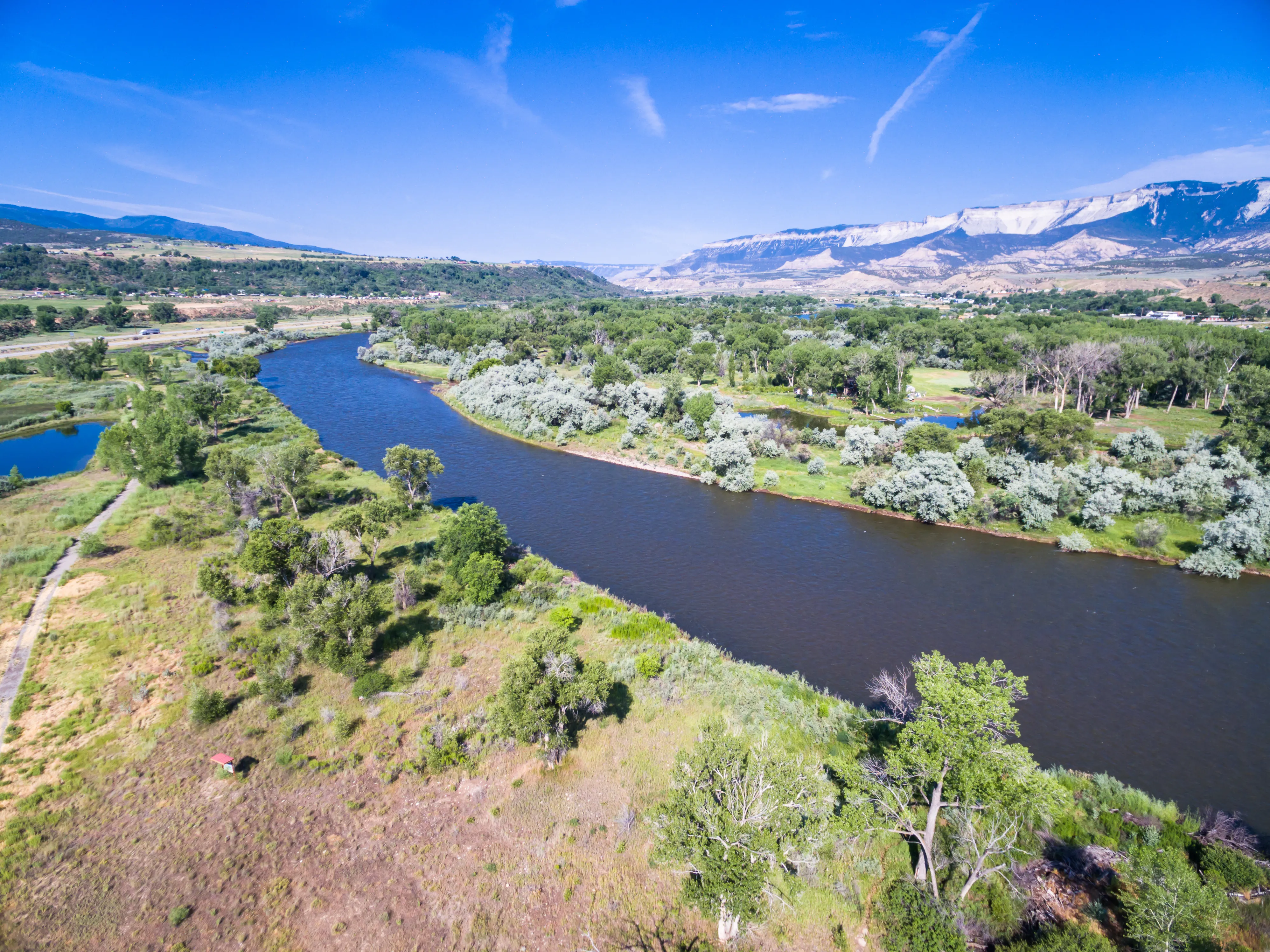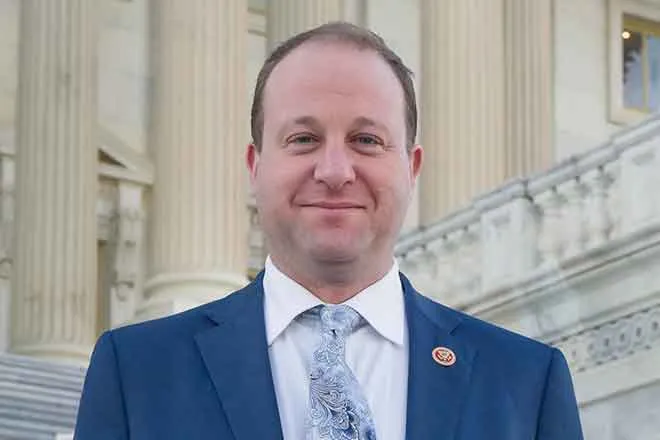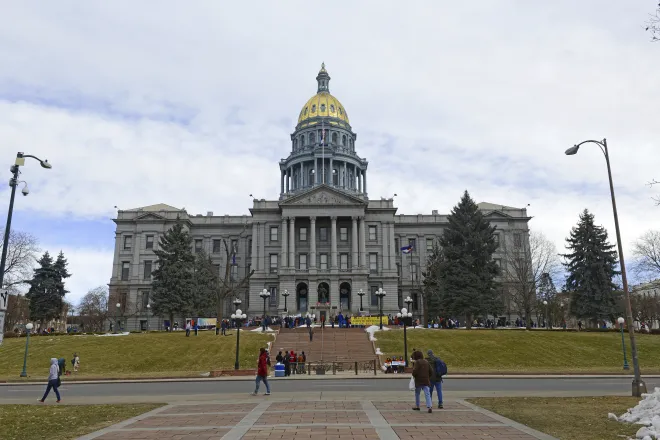
Federal Highway Administration Approves Central 70 Project
Record of Decision allows Colorado Department of Transportation to move forward with project and commitments to local communities
The Federal Highway Administration (FHWA) has approved the reconstruction of Interstate 70 through central Denver, concluding a 14-year unprecedented outreach and community engagement process.
In the official Record of Decision (ROD), federal transportation officials outlined what will be built, how it will be funded and which environmental and community measures will be implemented. Their approval concludes the federally required National Environmental Protection Act process and allows the Colorado Department of Transportation (CDOT) to proceed with its Central 70 Project. Construction is scheduled to begin in 2018.
The Central 70 Project will reconstruct a 10-mile stretch of I-70, add one new Express Lane in each direction, remove the aging 53-year old viaduct, lower the interstate between Brighton and Colorado boulevards and place a 4-acre park over a portion of the lowered interstate by Swansea Elementary School. The park will feature play areas, space for concerts and farmers markets, and a large sports field.
"Improving I-70 will improve the quality of life for thousands in the Denver area, and improve public safety for hundreds of thousands each day," said Federal Highway Administrator Gregory Nadeau. "This project will make travel safer and more efficient in one of the Rocky Mountain region's busiest areas, setting the stage for years' of economic growth."
“For the first time since I-70 was opened to travelers in 1964, we are ready to deliver long- overdue safety and mobility improvements that will strengthen this economic lifeline for the region and the state,” said CDOT Executive Director Shailen Bhatt. “The Central 70 Project also redefines the role of I-70 in local communities, which were originally divided by the interstate 50 years ago.”
The FHWA action solidifies a series of commitments for nearby neighborhoods, requiring these measures to be funded as part of the project. The 148 commitments, designed to minimize impacts to residents and businesses, were identified during the public outreach for the study. In addition to constructing the highway cover, CDOT will remodel portions of Swansea Elementary School, offer improvements to homes closest to the interstate in the Elyria and Swansea neighborhoods, and contribute $2 million to affordable housing. A full list of the mitigations is included the ROD, available at www.I-70East.com.
The ROD release also allows CDOT to advance efforts designed to provide job opportunities and training for local residents. The $1.2 billion Central 70 Project is one of fewer than a dozen projects nationwide piloting local hiring under special FWHA authority. CDOT is proposing that contractors fill 20 percent of all construction jobs with residents from the neighborhoods most impacted by the project. Funding is also being provided for job training and employment support programs.
Regional partners joined CDOT in welcoming the milestone after such a long, rigorous process, which involved analyzing more than 90 alternatives and hundreds of public meetings in the neighborhoods that will be most directly impacted.
“Today marks a major milestone for our community with the FHWA’s approval of the considerable Central 70 commitments CDOT has made to the city,” Denver Mayor Michael B. Hancock said. “On behalf of our neighborhoods and businesses, we have worked with CDOT to ensure this project will create real opportunities for our local residents. Through this collaboration, a highway cover designed by the community was added to the project as well as local job opportunities, affordable housing, and improved access to education and healthy foods. We are committed to continuing our collaborative work so that this project benefits our entire community -- from those who rely on I-70 for their livelihoods to the neighbors for whom the highway has long posed a barrier.”
“Every interstate that runs through Colorado also comes through Adams County, which is why we support infrastructure that will have a direct impact on quality of life for our residents and the county’s business community. We are grateful for the spirit of regionalism, transparency and partnership that has been at the core of the I-70 Environmental Impact Statement (EIS) process,” said Adams County Board Chair Eva Henry.
“Investing in transportation is a top priority for the Denver Metro Chamber of Commerce. Increasing capacity throughout our state so that we can more efficiently move people and goods to and through Colorado is a critical component of our economic development. I-70 is one of our state's most important arteries for business and personal use, and we join the Colorado Department of Transportation in recognizing the need to improve it. Now that there is a record of decision for this stretch of I-70, we can move forward in that investment and ensure our entire region benefits from it.” Kelly Brough, President and CEO, Denver Metro Chamber of Commerce.
"I respect and witnessed first-hand that CDOT is dedicated to continuing to work with the neighborhoods, and I look forward to working with them to make this a success for everyone," said Kristin Cardenas, Community Organizer and Director of Denver Arts & Skills Center. "The I-70 viaduct has been a shadow on the community--it is dark, dingy and unsafe. It's overdue for replacement, making it a place the community can utilize."
“Commerce City has actively participated with residents, businesses agencies and nonprofits to find a transportation solution that balances a variety of local and regional needs for the past 14 years. The city is thankful for the state’s willingness to engage all stakeholders and consider all viewpoints in the Central 70 Project’s decision-making process,” said Commerce City Mayor Pro Tem René Bullock “This is an important project to the state and the region, but we all know that significant transportation challenges lie ahead. A similar commitment of meaningful collaboration will be essential to collectively solve our state’s infrastructure and mobility problems.”
“We commend CDOT for their planning effort on the Central 70 Project that has done a great job of striking a balance among the needs and interests of commuters, the local community, and the business sector. We look forward to work beginning on this critical project and providing some much needed relief on this congested corridor," said Colorado Motor Carriers Association President Greg Fulton.
Next steps include the selection of a developer partner to design, finance, build, maintain and operate the facility, followed by final design and construction.

















